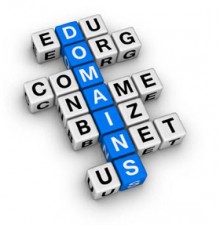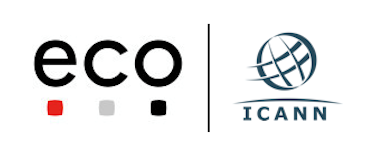eco Association calls for more effort from operators and software developers
A large number of websites und Internet clients – such as email servers, email clients, routers, and Internet services – are still not supporting all domain names. Often, they can only process domain endings of up to three characters – and these merely in ASCII (American Standard Code for Information Interchange, a character code which defines 128 characters). However, this does not correspond to the reality in the Internet of today.
“Although it is now possible to have domain names and email addresses in non-Latin characters, such as in the Cyrillic, Hangul, Thai, Arabic, Hebrew, and Greek alphabets, the majority of Internet applications and systems still do not support them,” is the criticism of Lars Steffen, from eco – Association of the Internet Industry, and also Community Outreach Co-Coordinator for the Universal Acceptance Steering Group (UASG) at ICANN.
Today, domains are no longer based on ASCII, but on Unicode character sets, allowing internationalized domain names and domain endings and internationalized email addresses, such as مارك@رسيل.السعودية .
The association calls for the global Internet industry to make a greater effort to enable more people to use the Internet in their mother tongue, and also to encourage the use of all the top-level domains available in the market. Currently, too many Internet users are being thus excluded.
Fewer than 5 percent of all domains are truly international
Internationalized email addresses, in particular, are still accepted much too rarely by online portals – for example, to open a user account. The association refers here to a study by the UASG published on 30 June 2016. From 235 websites tested, 90 percent already accept an ascii@ascii.new address using a new top-level domain four characters in length, like .taxi oder .shop. However, as soon as Unicode character sets are used instead of ASCII, acceptance sinks to under 5%, as tests with completely internationalized email addresses like 微软测试@互联网.中国 (unicode@idn.idn) have shown.
Engineering Manager Alexander Zeh from the Certified Senders Alliance says that, “Many software and web developers check email addresses and domain names for their correctness during registration or in forms. However, the algorithms used often haven’t been changed in years, and this means that they are out of date. If not all are treated equally and accepted, you involuntarily exclude potential customers and visitors. The next billion Internet users in coming years will come from regions whose languages are not based on the Latin alphabet. If you want to reach this target group, it’s important to be ‘UA-ready’ as quickly as possible.”
Every possible user surface should be adapted
The eco Association is actively involved in the Universal Acceptance Steering Group (UASG), which has taken on the task of helping Universal Acceptance achieve its world-wide breakthrough. The objective is to make every user surface that require the input of a domain name or an email address by the user will support both Unicode and character sets up to 256 characters long. The UASG is working together with leading providers of Internet services, software vendors, governments, associations, and organizations to achieve this. The eco Names & Numbers Forum regularly reports on the work and the successes of the UASG.




